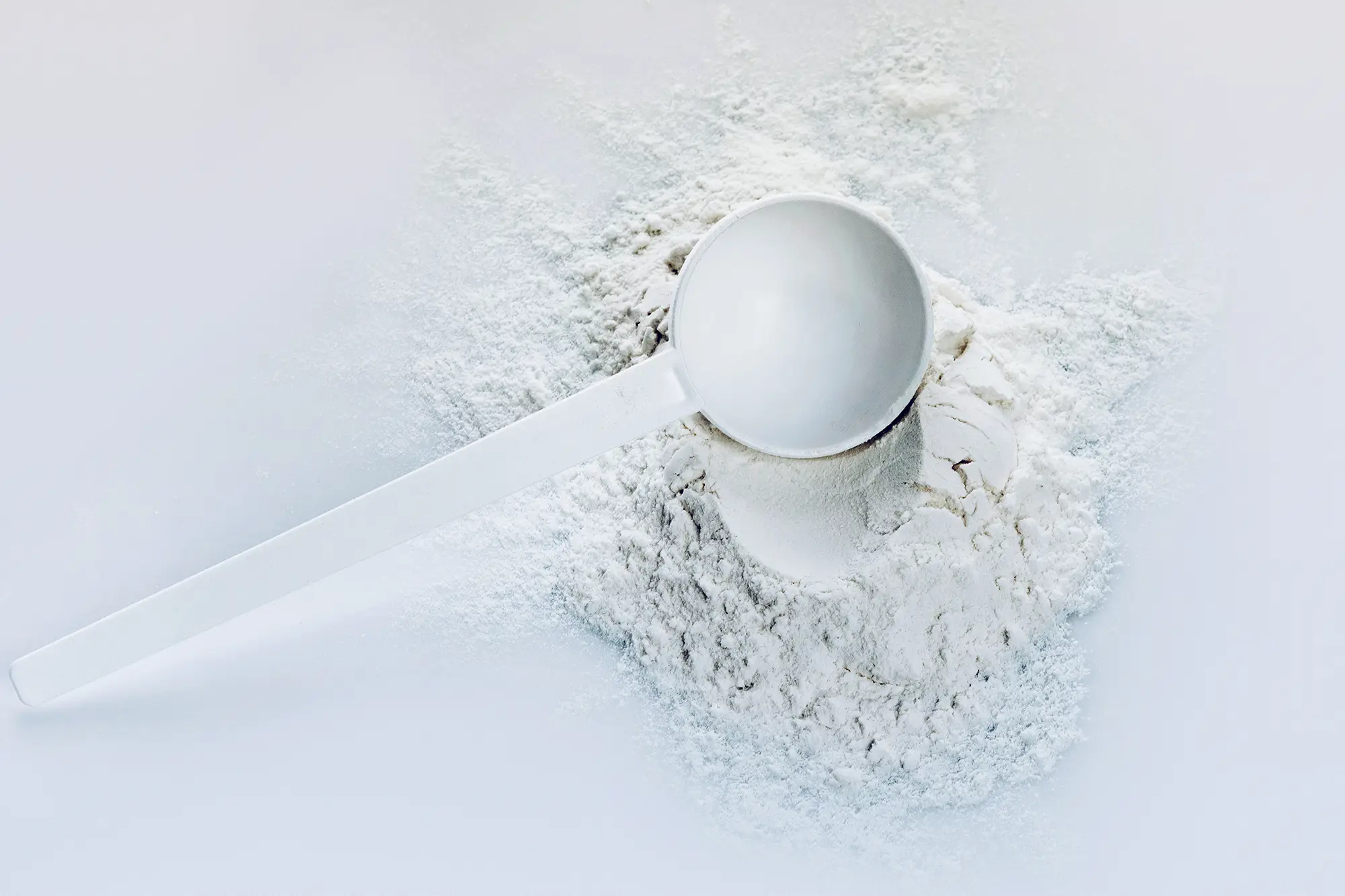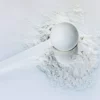HCL vs. Monohydrate: Which Creatine Is Better?
Overview
- What did they test? The researchers of this study tested the effect of taking .03 g/kg of body weight of creatine HCL vs. creatine monohydrate (MH) vs. creatine monohydrate with a loading phase that consisted of five days of .03 g/kg taken four times per day (MHL) on measures of strength, body composition and hormonal response in beginner athletes following a resistance training program.
- What did they find? Strength and muscle mass increased while percent body fat decreased in all of the supplement groups relative to the placebo. There was also an increase in GH, IGF-1, and a reduction in cortisol, and ACTH levels in the supplementation groups relative to the placebo. There were no differences in outcomes between participants taking creatine HCL, MH, and MHL.
- What does it mean for you? There has been debate in previous research about the potential benefits of creatine HCL vs. MH and also whether there is an advantage to a high dose loading phase for initiating creatine MH intake. The findings of this study showed that there is no benefit to a loading phase or choosing creatine HCL over MH on any measures of strength, body composition, or hormonal response.
This is consistent with previous research that supports the strength and body composition benefits of supplementing with creatine, with no differences being shown for MH vs. HCL. While creatine HCL is often marketed as a more effective option at a higher price point, MH appears to be just as effective.
What’s the problem?
Creatine supplementation can improve body composition, strength, and hormonal response to exercise 1 2. However, there is currently debate about whether there is benefit from supplementing with creatine HCL vs. creatine MH 3 and also whether there is benefit from utilizing a higher loading dose of creatine when starting with supplementation 4.
Some companies suggest that the bioavailability of creatine HCL is increased due to its increased solubility. There are also questions about whether or not there is benefit from a loading phase with higher creatine intake to maximize the performance enhancement benefit 5.
Purpose
Currently, there is not enough evidence to determine if utilizing creatine HCL or using a loading phase offer advantage over supplementing with creatine MH alone without a loading phase. Therefore, the purpose of this study was to determine if there are any differences between supplementing with .03 g/kg of body weight of creatine HCL vs. creatine MH vs. creatine MH that included a five day loading phase of taking .03 g/kg of creatine four times per day (MHL) on measures of strength, body composition and hormonal response in beginner athletes following a resistance training program.







